The inclusion of Roma and other marginalized groups in Serbia
Financed by: Deutsche Gesellschaft für Internationale Zusammenarbeit (GIZ) GmbH
Team coordinator of the Institute of Economic Sciences: Lara Lebedinski, PhD
Duration: 2022-2023
Description:
The aim of the InR program is to support the Serbian government in implementing the National Strategy for Social Inclusion of Roma in the Republic of Serbia 2016-2025. Program has five outputs:
- Output 1 concerns the advising of the Ministry of Human and Minority Rights and Social Dialogue and the Coordination Body for monitoring the implementation of the National Roma Strategy in setting up the necessary structures and processes.
- Output 2 supports local partners in a selected number of municipalities in implementing the goals and objectives of the National Roma Strategy.
- Output 3 focuses on measures aiming to improve the labor market situation of Roma and other marginalized groups.
- Output 4 is focused on reducing stereotypes and discrimination.
- Output 5 supports local agencies in selected municipalities to help Roma population and other ethnic groups to overcome basic socio-economic challenges during the COVID-19 pandemic.
Program results are measured through three module objective indicators. IES was engaged to provide support in assessing module indicator 2 which aims to measure the overall improvement in the socio-economic circumstances of the 8,800 program beneficiaries. In order to evaluate the Module indicator 2 and quantify the experience beneficiaries had with the GIZ measures, a sample of 1,684 beneficiaries were interviewed within three waves.


















